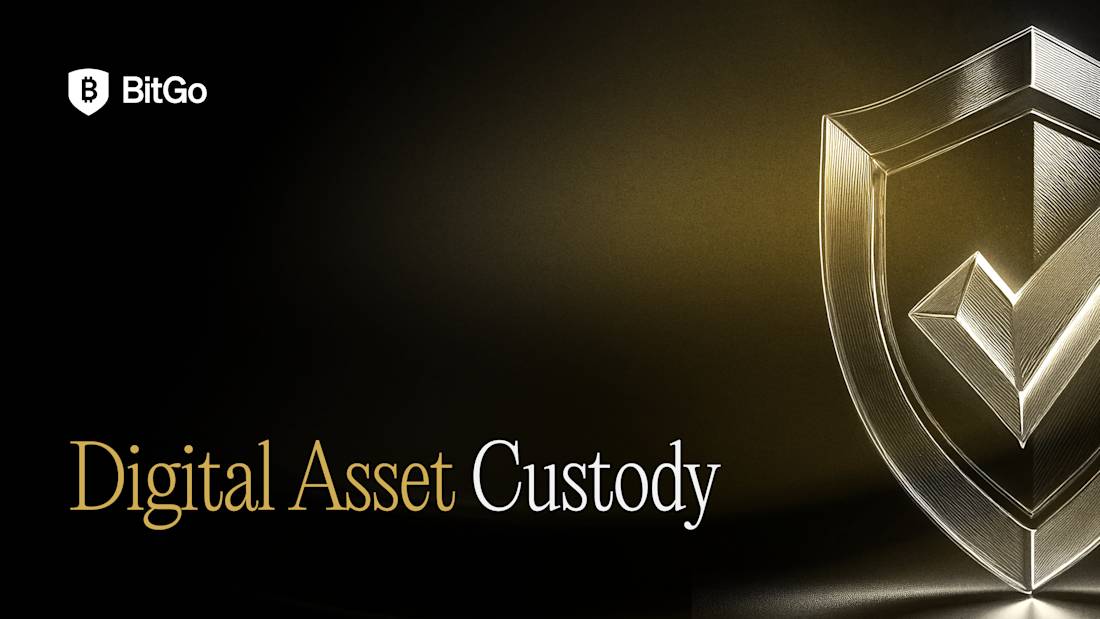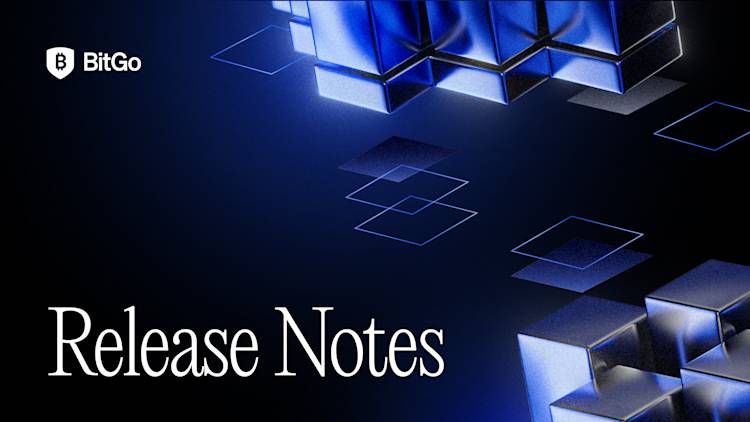Bitcoin and digital assets have transformed global finance, attracting institutional investors, hedge funds, and corporate treasuries. As cryptocurrencies gain mainstream adoption, digital asset custody has become a critical component for institutional security, regulatory compliance, and operational efficiency.
What is Digital Asset Custody?
Digital asset custody refers to the safekeeping and management of cryptocurrencies, tokenized assets, and other blockchain-based financial instruments. Custodians provide secure storage solutions, ensuring that digital assets remain protected from theft, unauthorized access and operational risks.
Unlike traditional custody models, where banks or financial institutions hold physical assets, digital asset custodians manage cryptographic private keys—the fundamental access points to cryptocurrencies and blockchain-based financial products. A robust custody solution ensures compliance with AML and KYC regulations, helping institutions securely manage their holdings.
Why Digital Asset Custody is Essential
Digital assets custody operates in a decentralized environment, making them attractive targets for cybercriminals. Institutional-grade custodians implement advanced security measures, such as:
-
Multi-signature authentication to prevent single points of failure
-
Cold storage solutions that keep assets offline
-
Hardware security modules (HSMs) for enhanced cryptographic protection
-
Continuous monitoring and fraud detection to identify suspicious activity
Regulatory bodies worldwide have introduced stringent guidelines for digital asset custody to ensure financial integrity and investor protection. Regulated custodians operating in the U.S. may be subject to U.S. Securities and Exchange Commission (SEC) and Commodity Futures Trading Commission (CFTC) oversight, depending on the services they provide in the U.S., along with global regulations such as MiCA (Markets in Crypto-Assets) in the EU.
Failure to comply with these frameworks can lead to legal repercussions and reputational damage. Institutional investors prefer regulated digital asset custody providers that offer transparency, audibility, and insurance coverage for digital assets.
Institutional-grade digital asset custody solutions streamline digital asset custody management by offering:
-
Automated transaction processing
-
On-demand liquidity solutions
-
Portfolio management tools
-
Seamless API integrations for asset transfers and reporting
These features enable institutional investors to manage their holdings efficiently while minimizing the risks associated with self-custody.
Types of Digital Asset Custody Solutions
Self-custody hot and cold digital asset solutions allow investors to control their private keys without relying on third-party custodians. While this method grants complete autonomy, it exposes holders to risks such as key mismanagement, theft, and accidental loss.
Third-party digital asset infrastructure providers and custodians, such as BitGo and Coinbase Custody, provide secure storage, regulatory compliance, and insured custody services for institutional investors. These digital asset custodians leverage multi-layered security frameworks to protect client assets.
Some investors opt for hybrid custody models, which combine self-custody and third-party services. This approach enhances security while maintaining liquidity and operational flexibility.
Institutional-Grade Digital Asset Custody Solutions: What to Look For
Before selecting a digital asset custodian, institutions must ensure that the firm holds the necessary regulatory licenses. Qualified custodians under SEC and CFTC regulations provide greater security and compliance assurance. Reputable digital asset custodians offer insurance policies covering digital asset theft and operational risks. Investors should verify the custodian’s insurance coverage and policy terms before entrusting their assets.
Top-tier digital asset infrastructure providers and custodians implement:
-
Cold storage solutions to prevent unauthorized access
-
Multi-party computation (MPC) for distributed key security
-
Audit trails and real-time monitoring to detect anomalies
The Role of Qualified Custodians in Institutional Adoption
Qualified custodians play a pivotal role in bridging traditional finance and decentralized finance (DeFi). By offering regulated and insured custody solutions, digital asset custodians create a seamless entry point for institutional investors.
The rise of tokenization, real world assets, real estate, and commodities can drive demand for custody solutions that cater to digital-native financial instruments. DeFi protocols benefit from secure custody solutions to enhance institutional adoption. Custodians offering staking, lending, and yield-generating products unlock new revenue streams while ensuring compliance with financial regulations.
As regulatory clarity around ETFs, tokenized assets, and central bank digital currencies (CBDCs) develops, digital asset custodians are positioned to play an important role and central bank digital currencies on the horizon, digital asset custodians will play a crucial role in securing and managing digital assets across global financial markets.
The Future of Digital Asset Custody
Regulators in key jurisdictions are working toward clearer digital asset frameworks, leading to increased institutional adoption. The introduction of MiCA in Europe, the Digital Asset Market Structure and Investor Protection Act in the U.S., and Asia’s expanding crypto regulations will establish uniform compliance frameworks.
As institutional investors increasingly adopt digital assets, the need for secure, compliant, and efficient digital asset custody solutions continues to grow. Selecting a custodian that offers regulatory compliance, insurance, and institutional-grade security measures can help mitigate risks.
BitGo is a recognized institutional digital asset infrastructure provider. With industry-leading security measures, robust compliance frameworks, and innovative custody technology, BitGo enables institutions to safeguard their assets while optimizing operational efficiency.
Ready to take your digital asset custody to the next level?
Learn more about BitGo’s institutional digital asset custody solutions today.
Table of Contents
The latest
All NewsAbout BitGo
BitGo is the digital asset infrastructure company, delivering custody, wallets, staking, trading, financing, and settlement services from regulated cold storage. Since our founding in 2013, we have been focused on accelerating the transition of the financial system to a digital asset economy. With a global presence and multiple regulated entities, BitGo serves thousands of institutions, including many of the industry's top brands, exchanges, and platforms, and millions of retail investors worldwide. For more information, visit www.bitgo.com.
©2026 BitGo, Inc. (collectively with its parent, affiliates, and subsidiaries, “BitGo”). All rights reserved. BitGo Bank & Trust, National Association (“BitGo Bank & Trust”) is a national trust bank chartered and regulated by the Office of the Comptroller of the Currency (OCC). BitGo Bank & Trust is a wholly-owned subsidiary of BitGo Holdings, Inc., a Delaware corporation headquartered in Palo Alto, California. Other BitGo entities include BitGo, Inc. and BitGo Prime LLC, each of which is a separately operated affiliate of BitGo Bank & Trust.
BitGo does not offer legal, tax, accounting, or investment advisory services. The information contained herein is for informational and marketing purposes only and should not be construed as legal, tax, or investment advice. You should consult with your own legal, tax, and investment advisor for questions about your specific circumstances.
Digital assets are subject to a high degree of risk, including the possible loss of the entire principal amount invested. Past performance and illustrative examples do not guarantee future results. The value of digital assets can fluctuate significantly and may become worthless. No BitGo communication is intended to imply that any digital asset services are low-risk or risk-free. BitGo is not a registered broker-dealer and is not a member of the Securities Investor Protection Corporation (“SIPC”) or the Financial Industry Regulatory Authority (“FINRA”). Digital assets held in custody are not guaranteed by BitGo and are not subject to the insurance protections of the Federal Deposit Insurance Corporation (“FDIC”) or SIPC. Custody and other digital asset services are subject to eligibility, jurisdictional, and regulatory restrictions. Availability of specific products and services may vary by location and entity.
BitGo endeavors to provide accurate information on its websites, press releases, blogs, and presentations, but cannot guarantee all content is correct, completed, or updated. Content is subject to change without notice. BitGo disclaims any obligation to update or supplement such information except as required by applicable law or regulation.
BitGo makes no representation that the information contained herein is appropriate for use in any jurisdiction where its distribution or use would be contrary to law or regulation or would subject BitGo or any of its affiliates to any registration or licensing requirements in such jurisdiction. Persons who access this information are responsible for complying with all applicable laws and regulations.




